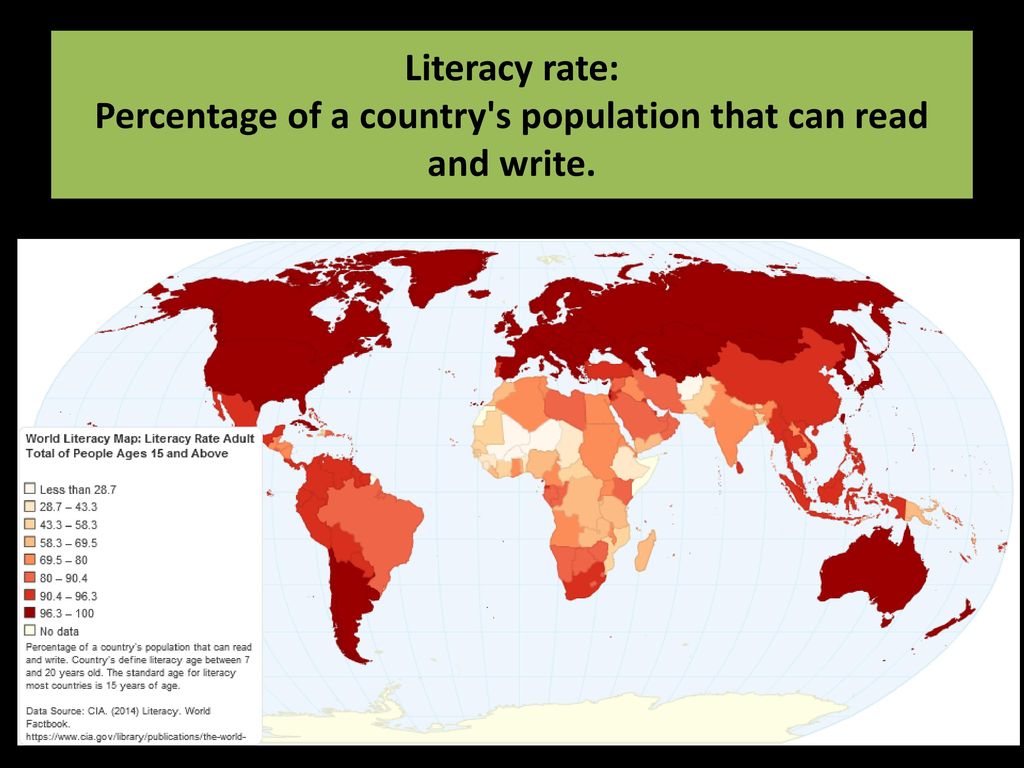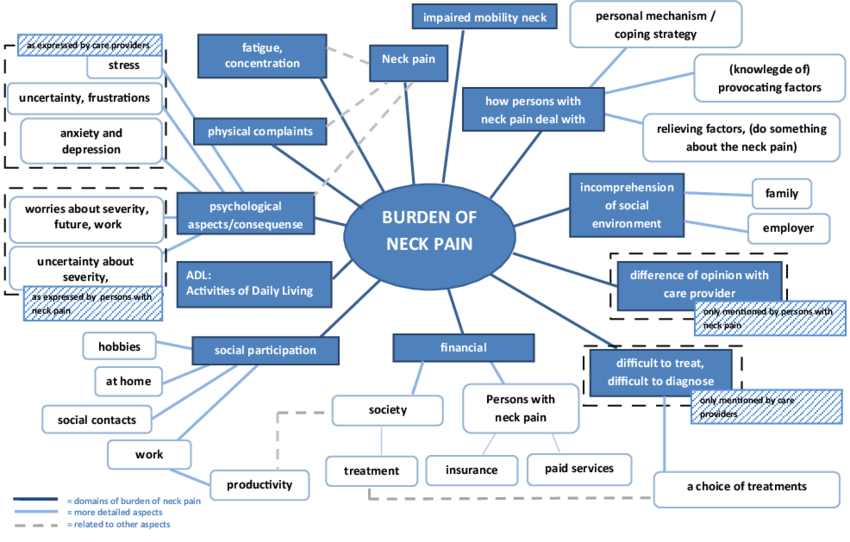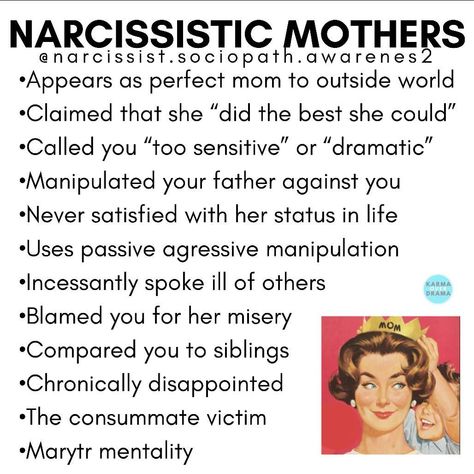Financially manipulative parents
What is Financial Child Abuse?
Many people believe that financial abuse only happens between adults. The sad truth of the matter is that financial abuse can happen to anyone. Financial abuse isn’t as easy to detect as other forms of abuse. Since children often don’t manage their own money, they are especially vulnerable to this kind of abuse.
Financial child abuse is the act of using money as a weapon to take advantage of a minor. This is often done to children by stealing and exploiting a child’s money or using their personal information for some economic gain.
Potential Abusers
Parental Financial Abuse: It’s normal for a parent to control a child’s money and personal information. However, when a parent starts to take advantage of that control for their own personal benefit, it becomes abuse. Some parents use financial abuse to exploit, manipulate, and control their children. If this is the case, the child will most likely experience other forms of abuse too.
Other signs of abuse could indicate that financial abuse is also occurring.
However, parental financial abuse is sometimes done due to family financial struggles. When a parent has a low credit score or a bad financial situation they’ll sometimes use their child’s name to receive economic gains they could not otherwise get. Although the intention may not have been to abuse the child, this act is still unfair and ultimately hurts the child. More often than not, the debt acquired through the abuse is never paid off, leaving the child with massive debt and a severely low credit score.
Identity Theft: Anyone can be a victim of identity theft, however, children are 50 times more likely to be targeted than any other age group. This is because a child doesn’t have a credit score and is seen as a blank slate. Thieves will use a child’s identity to take out loans or get credit cards in the child’s name without ever paying it off. This form of abuse is the hardest to detect early on, but can be the most financially damaging.
Teen Financial Abuse: When dating, teens can face financial abuse from their significant other. Things like being required to pay for all dates, not being allowed to get a job, and having to ask your partner when you can spend your money are all common signs of teen financial abuse.
Although this may not impact their financial health like other forms, it can paint a warped picture of how a relationship is supposed to be. In romantic relationships, financial abuse is just one of many tactics used to manipulate and control victims. If you suspect a teen is undergoing financial abuse, it’s important to talk to them and help them get out of the relationship before it gets dangerous.
Signs of Financial Abuse
Unfortunately, many children don’t realize they’re being financially abused until they apply for a credit card, open a bank account, or apply for a job. However, by that point, a child’s credit score can be severely damaged. That is why it’s important to look for signals early on.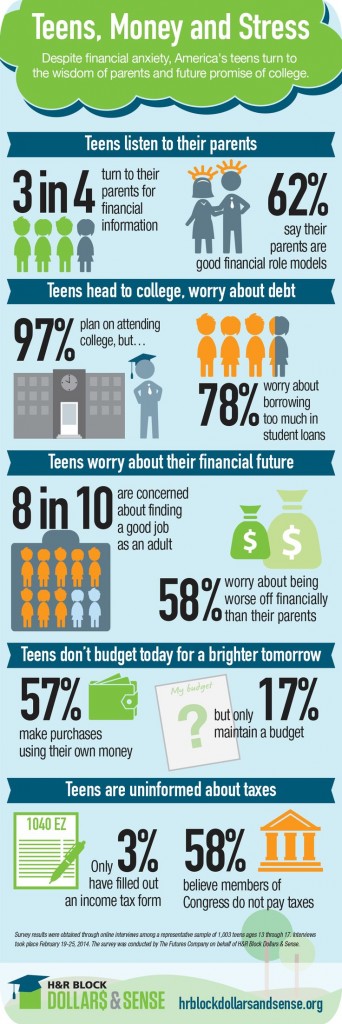
Some early warning signs that point towards financial abuse include:
- If a child has a credit report
- If a child receives mail addressed to them about payments or account status
- If a child is punished for spending their own money
- If a child has no access to their own money
- If a parent demands monetary gifts be written to the parent instead of the child
- If a parent threatens their child by withholding or taking their money
- If a parent cannot claim a child as a dependent because the child makes too much money
- If a parent or significant other takes part or all the money given to the child (earned or gifted)
If you are an adult, some signs pointing to possible past financial abuse as a child include:
- Having a low credit score before ever opening a line of credit
- Inability to access your bank accounts
- Not being able to open a bank account because one already exists in your name
- Unauthorized withdrawals from your bank account
- Unexplained bills or debt
Impact of Financial Abuse
Financial abuse ruins a victim’s trust in relationships and can make their adult life much more difficult.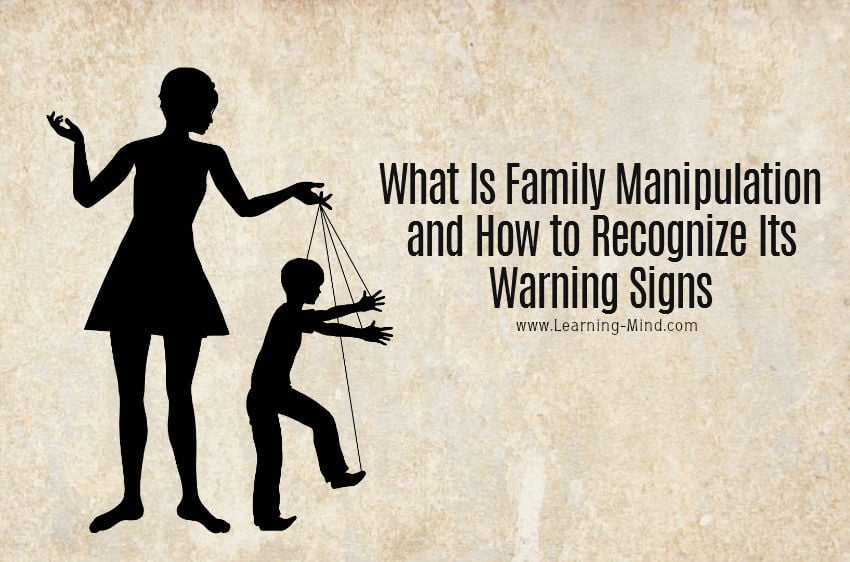
Entering adulthood is challenging enough, and starting it off with debt and a low credit score only makes the journey harder. This can make it especially difficult when it comes to finding housing. Landlords look at credit scores before accepting applications, and to buy a house you need to meet the required credit score range. Additionally, employers, and banks all look at a credit score as a deciding factor. Not being able to open a bank account, get a job, or find proper housing can lead to poverty and even homelessness.
If you suspect financial abuse, it’s important to get a credit report. A credit report is the best way to assess the situation. Contact the lenders on the report to understand how to move forward from this. The debt accumulated will still need to be paid off, but you can help put a stop to any further damage done and take action to fix your financial health. Regardless of your situation, you can overcome the effects of financial abuse. Know that you are not alone.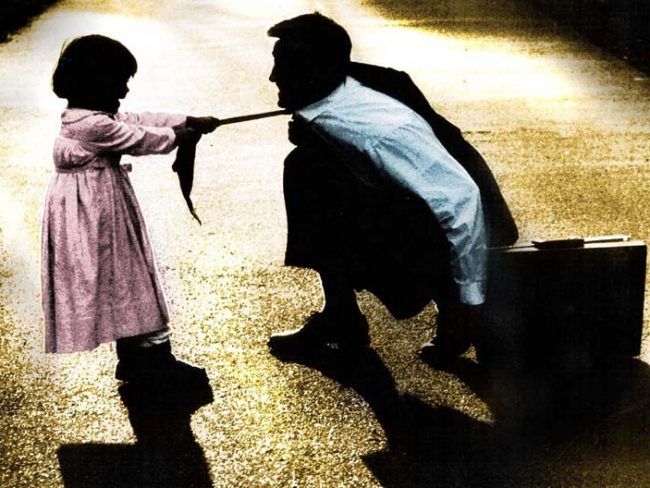 Talk to a trusted friend or organization for advice to get the help you need.
Talk to a trusted friend or organization for advice to get the help you need.
Moving Forward
The best way to prevent financial abuse is to spread awareness about it. Knowing the warning signs and red flags can help a child, friend, or parent notice the abuse faster and take the necessary steps to stop it.
Dysfunctional Families: Financial Control | Disinherited
Financial abuse in dysfunctional families is a common tactic to gain power and control within the family.
I was reminded about this fact when reading an article in the British Telegraph today about a large divorce settlement between the long time spousal owners of Laura Ashley. One of the daughters of the family was asked why such a wealthy family would undergo such a long bitter divorce proceeding, and she responded that it was not about the money, but was really about control. She related how her father was absent throughout much of her life and manipulated the family through financial control.
This financial abuse is one of the most powerful methods of keeping family members to toe the line or risk financial disinheritance or worse. Research indicates that financial abuse is experienced in 98% of abusive relationships. The victims indicate that their lack of ability to provide financially for themselves was the main reason for staying in our returning to such a battering relationship.
Financial control/abuse occurs across all socio-economic, educational, ethnic and racial groups. It applies to both elder and domestic abuse.
As with other forms of abuse, financial abuse may begin subtly and progress over time. The manipulation is often hidden amongst the family while the abuser publicly appears charming and the epitome of a good family provider.
Typically what ultimately results is the concept of an “allowance” for good behavior and deprivation of monies for perceived bad behavior.
The adult child in the Laura Ashley family for example, was disowned by the financially abusive father for marrying someone she loved, but whom the father did not approve.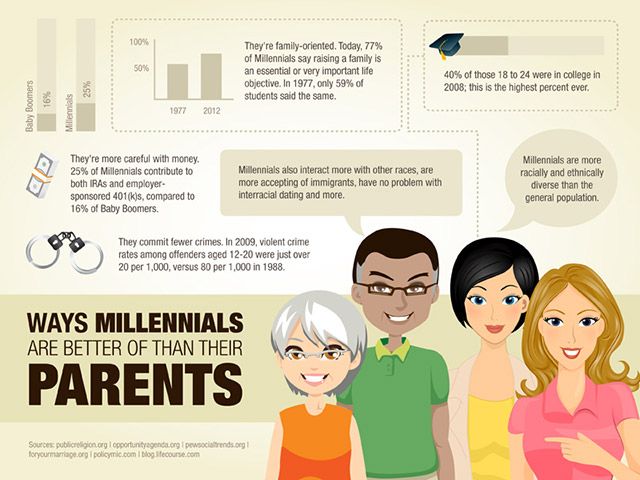 One can easily understand the untenable position that the daughter was put in between having to choose between marrying the person she loved or being disowned by her wealthy father.
One can easily understand the untenable position that the daughter was put in between having to choose between marrying the person she loved or being disowned by her wealthy father.
- Forbidding family members to work or have their own funds;
- controlling how money is spent
- hiding assets
- forcing family members to work in a family business without pay
- withholding funds for basic needs and care
- withholding money or giving meager allowances
- the abuser spending money lavishly on him or herself while depriving the family
- refusing to pay child or spousal support or manipulating court proceedings by hiding or not disclosing assets
- threatening family members with homelessness and other forms of insecurity
- denying education or employment opportunities
- intentionally squandering or misusing family resources
- controlling telephone, vehicle, and other forms of isolation
- blaming the victim for inability to manage money
- destruction of personal property belonging to the victim
- forging signatures for financial transactions
Trevor Todd is one of the province’s most esteemed estate litigation lawyers.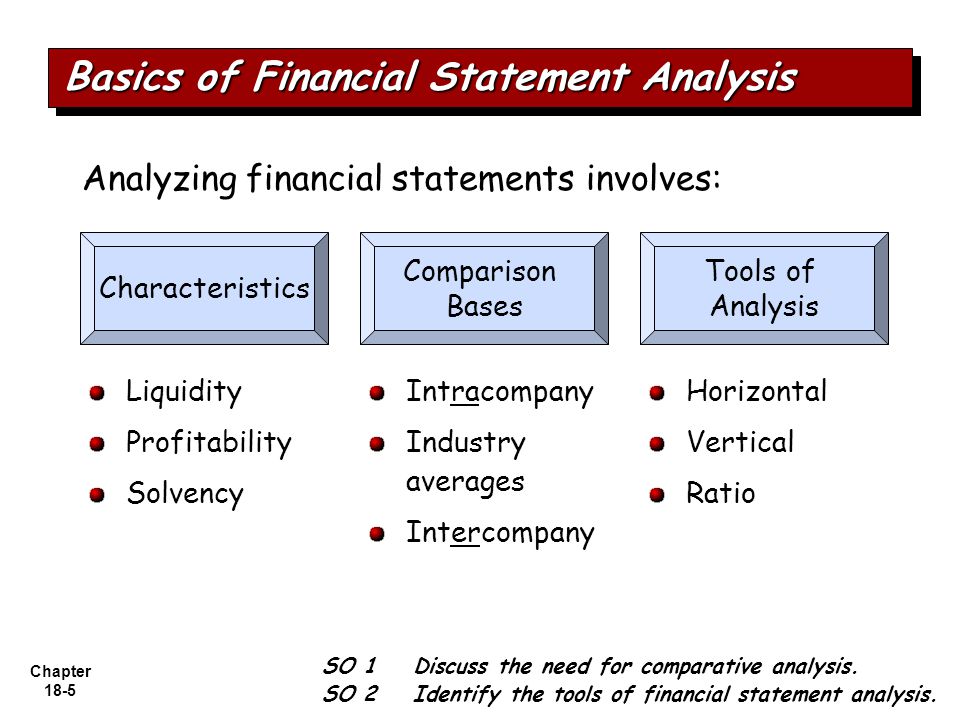 He has spent more than 45 years helping the disinherited contest wills and transfers – and win. From his Kerrisdale office, which looks more like an eclectic art gallery than a lawyer’s office, Trevor empowers claimants and restores dignity to families across BC. He is a mentor to young entrepreneurs and an art buff who supports starving artists the world over. He has an eye for talent and a heart for giving back.
He has spent more than 45 years helping the disinherited contest wills and transfers – and win. From his Kerrisdale office, which looks more like an eclectic art gallery than a lawyer’s office, Trevor empowers claimants and restores dignity to families across BC. He is a mentor to young entrepreneurs and an art buff who supports starving artists the world over. He has an eye for talent and a heart for giving back.
Play not by the rules. Why parents manipulate children | Psychology and health | Health
Respect is the most important thing in the life of every person. And the life of a child is no exception. However, many parents, having made every effort to bring us up, demand respect for themselves, forgetting about the same for their child.
Time passes, the child grows up and the endless control hidden behind the completely harmless word “respect” begins to weigh on. An annoying parent interferes in absolutely all the affairs of his offspring and controls his every step.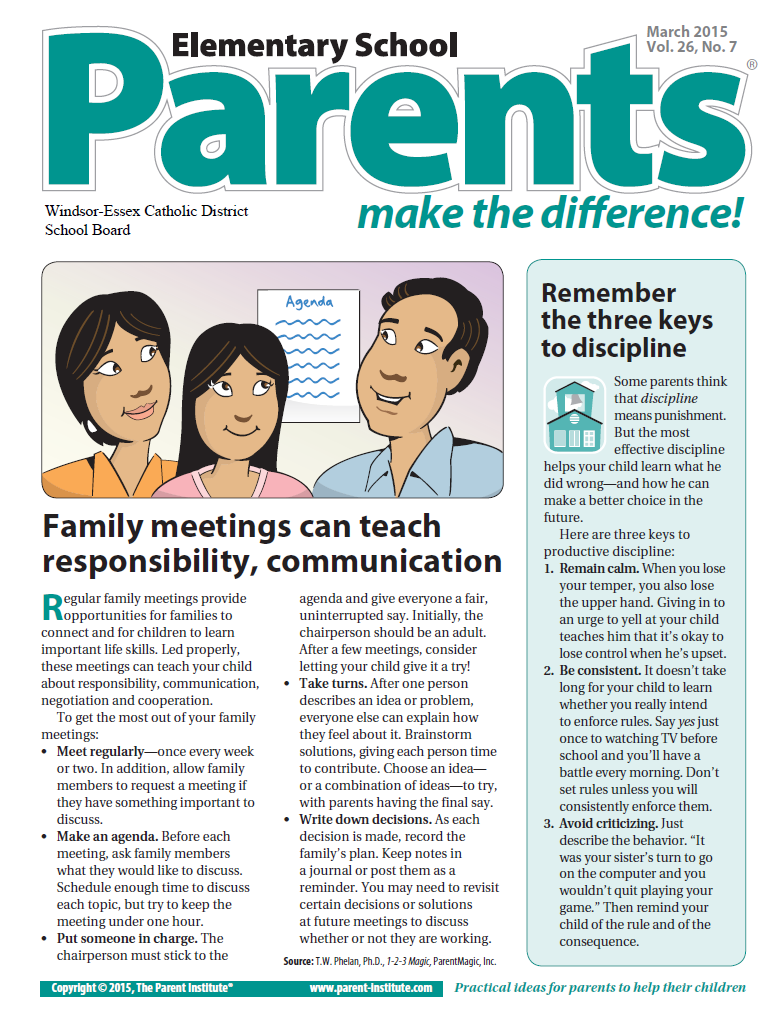 nine0003
nine0003
Who manipulates children more often?
Women, of course. They are more subject to emotions than men, whose feelings and thoughts are more often subject to logic. A woman manipulates not only children, but also her husband. And he, in turn, falling under her influence and supporting his wife, begins to play by her rules and becomes another manipulator in the family.
“There are also men who manipulate harshly, but not for the sake of children, but, let's say, for the sake of relations with their ex-wife. – says Irina Reva, teacher-psychologist of the highest qualification category, fairy tale therapist, specialist in family well-being . - They say: "If you do something, then I will help you with money." But otherwise, the relationship between them and their children is normal.”
Where do legs grow from?
There are different types of upbringing, and one of them is "overprotection". Mothers with this approach, as a rule, know better what to do with the child, where to go and what to do in their free time.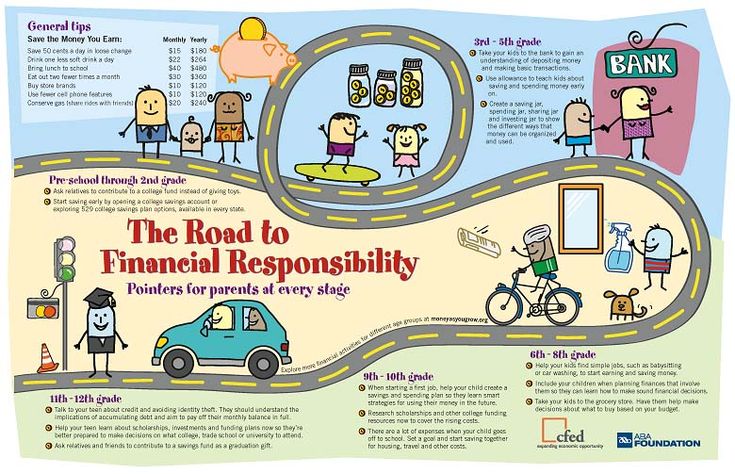 They fully live the life of their child and do not let him think for himself. nine0003
They fully live the life of their child and do not let him think for himself. nine0003
It is interesting that such mothers most often manipulate boys. According to psychologist Irina Reva, girls are more resistant to manipulation and defend their opinion much better. And it's also about education. From childhood, girls are literally taught to survive, because in the future they will have to give birth, manage their families and work. It's a paradox, but girls become even more courageous than some men, and therefore it is much more difficult for mothers to manage the life of their daughters.
A woman manipulates not only children, but also her husband. Photo: pixabay.com “A special bond is established between mother and son. Boys are manipulated more often because for a young, mature or elderly man, mother is the first woman in the world. It is quite natural that he is afraid of upsetting or angering her. The most important thing is to understand that we give birth not for ourselves, but for the world, society, people, ”says the specialist.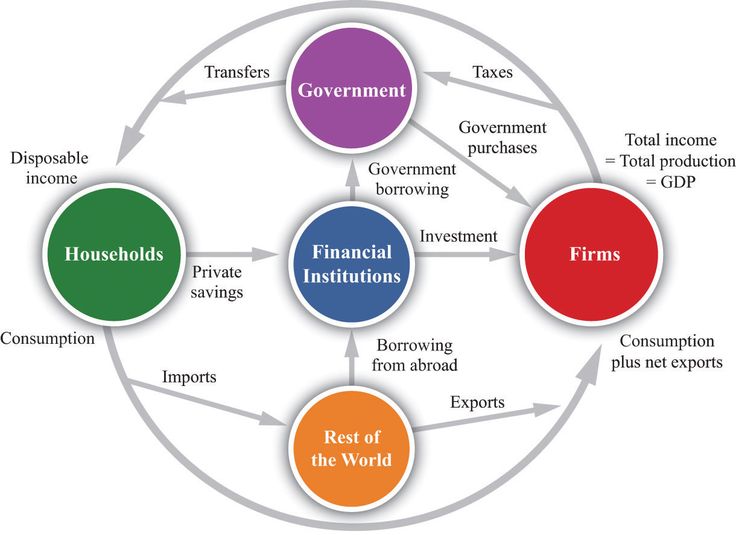
Eternal conditions
Parental conditions can infuriate anyone, especially an adult child. But emotions will not help grief. Experts recommend defending your personal opinion if you really want to live by your own rules. nine0003
“You see, the problem is double standards. On the one hand, a person wants to be independent, and on the other hand, he is not ready to buy a house or a car without the help of his parents, so he has to put up with their opinion. And you try to refuse it and earn yourself. But it's hard, too. Because, graduating from an institute for which parents paid (because it is almost impossible to enter the budget), a person essentially remains without a specialty. What he studied for five years is not in demand, he does not know what to do, and remains hanging on the neck of his parents. nine0003
I want to live separately - I need a mortgage. For a down payment to whom? To parents. Vicious circle".
Find and neutralize
Not all children are in a hurry to get rid of their parent's control.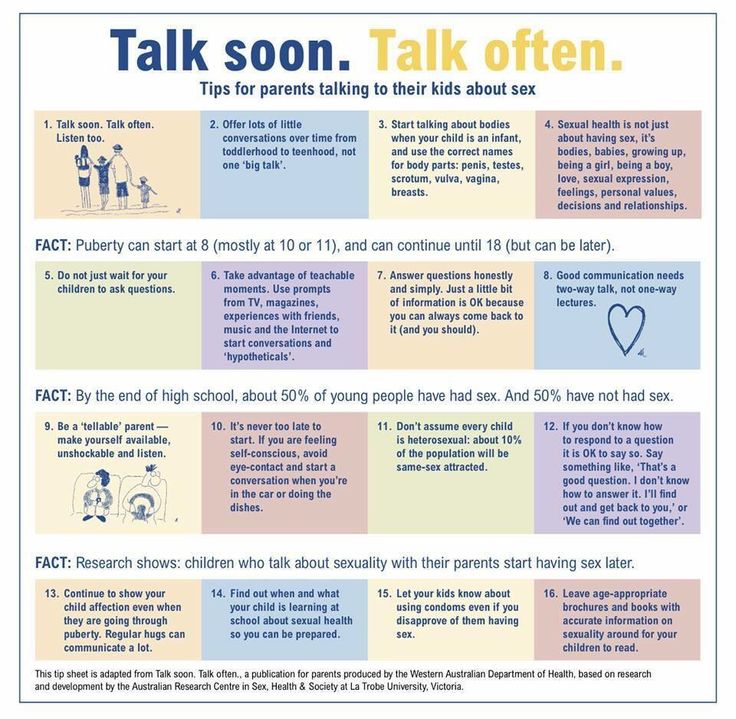 To some extent, it is even convenient. After all, they think for him and solve all his problems. Those who are lucky enough to realize the situation are trying to free themselves from the shackles, but have no idea how.
To some extent, it is even convenient. After all, they think for him and solve all his problems. Those who are lucky enough to realize the situation are trying to free themselves from the shackles, but have no idea how.
“Before, in order to break away from my mother's skirt, men went to the army,” adds the psychologist. - Now only a few go there and they are just free from this guardianship and become real men. The second option is to move to study in another city. After all, only having freed himself from his mother, this man can be independent. nine0003
Often, the stronger sex is burdened by the current situation not in adolescence, but only closer to 30. When your own family appears, requiring no less attention than a mother. But she, in turn, begins to take more and more time and take up too much space in his life. Only a person of strong character can get rid of this.
How not to feel guilty?
This is convenient when someone is to blame for you. This is especially helpful for moms. After all, guilt makes you do whatever they want. However, getting rid of this is not so easy, and there is nothing to do. nine0003
After all, guilt makes you do whatever they want. However, getting rid of this is not so easy, and there is nothing to do. nine0003
“This is an absolutely normal sensation and it is not worth getting rid of it,” the psychologist adds. “If the parents have grown up on their own, then they will remove this feeling from the child, but if they are immature, then on the contrary, they will provoke and aggravate it.”
How not to become a manipulator?
This question haunts many children whose parents were distinguished by such a love of power and eternal control. People love to repeat the phrase "I will never be like them," but practice says otherwise.
“Each clan has its own upbringing scenario,” says Irina Reva. - We create a family with a person with a similar scenario and we begin to raise our own children according to it. You know, this is not my phrase and it sounded many times - we are taught to be psychologists, journalists, railway workers, but we are not taught to be parents.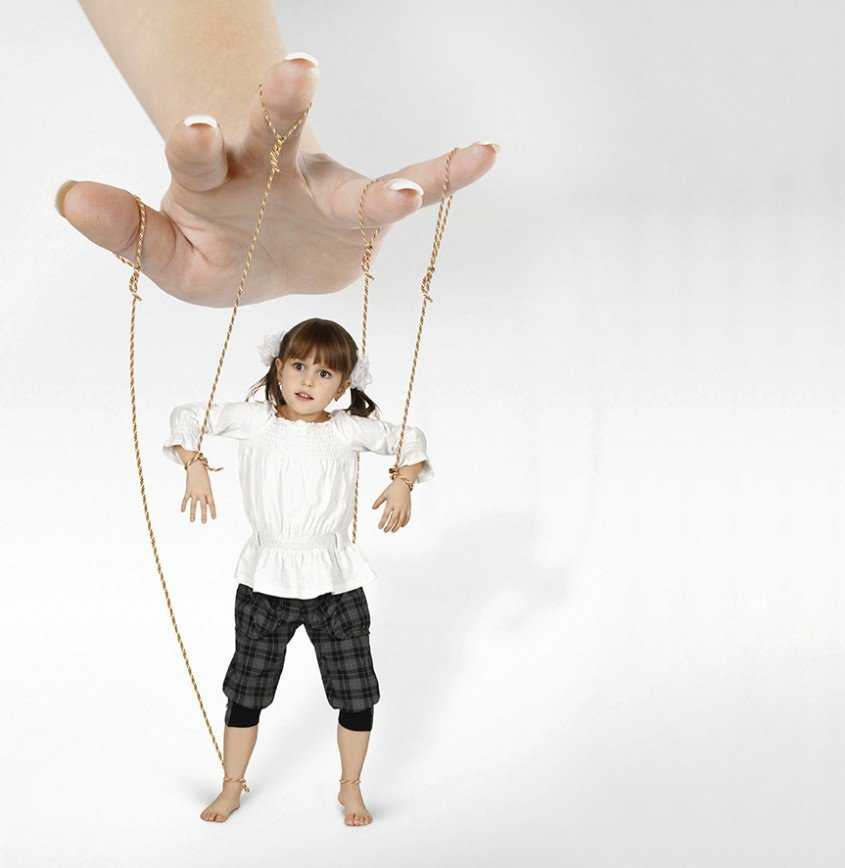 And this is very important! You have to learn to listen to your heart. After all, a child is a person and must be respected. nine0003
And this is very important! You have to learn to listen to your heart. After all, a child is a person and must be respected. nine0003
parents to children or children to parents?
This text was written in the Community, carefully edited and formatted according to editorial standards.
Pavla Tolokonina
talks about who owes whom
Author profile
I will open a discussion of financial and not only assistance within the family based on this material.
I will quote from there: “... a collective question, not only for you. When should you help your parents? At what age? Do childhood injuries count? And in general, who should help - parents to children or children to parents? In general, I want to understand (without sarcasm, different opinions are really interesting).” nine0003
My position on help is simple:
- it is needed when there is an opportunity and desire;
- it is not needed if it harms any side: both helping and receiving help.

People who try to help without being able to actually destroy either themselves or their loved ones. Among them are those who provide support to parents/friends to the detriment of their partner and/or children, as well as people who have not covered their own needs. Pay your mom a vacation when she didn’t go anywhere for three years, because you need money for something else? To go help dad with the car, while forgetting about preparing children for school? To allocate from the general family budget for treatment, repair or provision of parents, when these needs are not covered for yourself, your partner and children? nine0003
In reverse, it works exactly the same. Deny yourself treatment because you want to send your children to expensive courses? For the first forty years, bring homemade food and clean up because the child is so busy?
/kvartira-detyam-pros-cons/
Pros and cons: do children need to buy an apartment
Desire is simple: it must be one's own. If you do not have a clear answer to the question why I need this, then most likely you are being manipulated. All these “we laid our lives on you”, “for which reason we gave you a decent education” and even simple pressure on pity with a list of our sufferings is proof of this. nine0003
If you do not have a clear answer to the question why I need this, then most likely you are being manipulated. All these “we laid our lives on you”, “for which reason we gave you a decent education” and even simple pressure on pity with a list of our sufferings is proof of this. nine0003
Now about harm. Let's start from the helping side: read again about desires and possibilities. If you tear away what you need from yourself or it does not bring joy and satisfaction from a good deed, but combs unresolved injuries, then you cannot help. This also includes the question: “Should children’s injuries be taken into account?” Well, of course, especially if you have to financially help a person who, for example, beat you all your childhood, because this is a monstrous damage to mental health.
For me, the situation described above is like in public places smiling politely at the person who poisoned your dog: they say, you need to be wiser. Any choice implies responsibility. If you humiliated a child, then you should not expect that he will help you when he gets rich. And vice versa: if you wiped your feet on a parent, you don’t need to think that when life collapses, mom or dad will support you. nine0003
If you humiliated a child, then you should not expect that he will help you when he gets rich. And vice versa: if you wiped your feet on a parent, you don’t need to think that when life collapses, mom or dad will support you. nine0003
They could in both cases, but have the right not to.
For the receiving party, harm can be in the development of learned helplessness, a decrease in self-esteem, a feeling of being indebted. There is a time for everything. Helping a two-year-old to put on a jacket is good, putting it on a four-year-old is to slow down the development of the child. Giving money to a student is good, sponsoring a working woman is something like that. Yes, of course, there can always be special circumstances and/or a direct request for help, but that's not what we're talking about right now. nine0003
They usually talk about the direction in which help can go between parents and children: before going to work, parents help children, who eventually take over the baton in the direction of their children and, if possible, help their parents.






